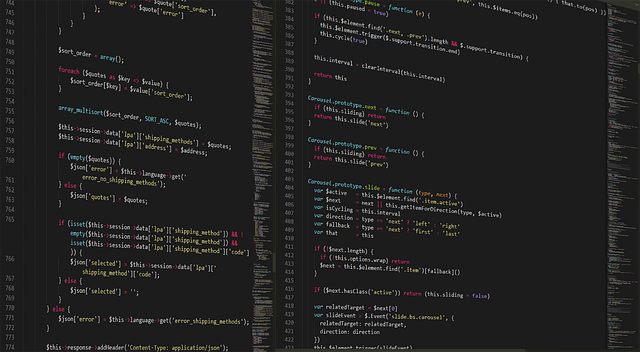In an age where the implications of climate change are felt acutely, the preservation of our habitats has become more important than ever. One of the key players in this mission is the strategic use of irrigation techniques, which not only ensure the survival of flora and fauna but also promote the sustainability of entire ecosystems.
The term “irrigation” often conjures images of traditional farming methods, but the reality is far more expansive and innovative today. The ongoing challenges in water management have spurred the development of advanced irrigation techniques that reflect our commitment to preserving the natural world. Techniques such as drip irrigation optimize water use by delivering moisture directly to plant roots, minimizing waste and fostering a healthier ecosystem.
Moreover, the advent of smart technology has transformed the landscape of irrigation. Artificial intelligence and IoT devices enable real-time monitoring of soil moisture levels, allowing for precise irrigation that adjusts according to the environment’s needs. This not only conserves water but also safeguards the integrity of endangered habitats that rely on consistent moisture levels.
Additionally, rainwater harvesting is gaining traction as a sustainable option for irrigation. By capturing and storing rainwater, communities can reduce their reliance on traditional water sources, alleviating the pressure on local ecosystems. This technique is not just about functionality; it fosters a sense of community as people come together to harness a natural resource that can be so easily overlooked.
Permaculture is another innovative approach worth mentioning. By designing agricultural systems that mimic natural ecosystems, we can create habitats that are resilient to climate change while simultaneously improving soil health. Techniques such as contour farming and catchment basins help in managing water flow, reducing erosion, and enhancing biodiversity.
In urban environments, the necessity for sustainable irrigation techniques becomes even more pronounced. Rooftop gardens and vertical farming not only contribute to food security but also improve air quality and urban biodiversity. These innovative practices involve the use of hydroponic and aeroponic systems, which use significantly less water than traditional methods. This reimagining of urban space not only serves additional purposes but also enhances community engagement with nature.
As we explore these innovative irrigation techniques, we must remember that the goal is not only to ensure the survival of our habitats but also to foster a deep respect for the intricate ties between water, wildlife, and humans. By embracing these advancements with care and responsibility, we can cultivate a legacy of sustainability that future generations will cherish.




